Introduction
“Hello all of our readers! Today, let’s talk about Quantum Computing stocks. We’ll break down the basics, explore key companies, and see where the future might be headed. Ready to dive into the world of quantum investments?”
Quantum Computing stocks
What are Quantum Computing stocks?

Quantum computing stocks are a group of companies that are involved in the development and commercialization of quantum computers. These computers harness the principles of quantum mechanics to perform calculations that are impossible for traditional computers.
Why to invest in Quantum Computing stocks?
Quantum computing is an exciting developing technology that can offer interesting investing opportunities. However, it is still very much an emerging trend – and a world powered by quantum technology remains some way off. Today’s quantum computers remain basic compared to what the technology is predicted to achieve.
Market Growth Potential: As quantum computing technology matures, the market is expected to grow substantially. Investing early in quantum computing stocks may position you to benefit from the potential market expansion.
IBM, the current leader in quantum computing, last year launched its Quantum System Two, a modular quantum computer powered by an IBM-made chip called the Heron.
Google Investing $50 Million in a Quantum Computing Partnership with the University of Chicago, and University of Tokyo – Quantum Computing Report
The global quantum computing market size in terms of revenue was estimated to be USD 866 Million in 2023 and is poised to reach USD 4,375 Million by 2028, growing at a CAGR of 38.3% from 2023 to 2028. The new research study consists of an industry trend analysis of the market.
Google’s latest iteration of its quantum machine, the Sycamore quantum processor, currently holds 70 qubits. This is a substantial leap from the 53 qubits of its earlier version. This makes the new processor approximately 241 million times more robust than the previous model.
The quantum computing market size stood at $458 million in 2021, and it is expected to grow at a CAGR of 31.2% during 2021–2030, to reach $5,274 million by 2030.
Tip for buying Quantum computing stocks
- Quantum computing is a high-risk, high-reward investment sector.
- Carefully research individual companies before investing.
- Diversify your portfolio and avoid putting all your investments in one basket.
- Consider seeking professional financial advice if needed.
- Invest for the long term and avoid short-term bets.
- Minimize risk by diversifying your holdings.
- Spread your investments across different asset classes.
- Consider spreading your investments across different companies and asset classes within the quantum computing sector and beyond. Conducting your own research and seeking professional financial advice are highly recommended before making any investment decisions.
How to Invest in Quantum Computing Stocks:
Direct Stock Purchase: You can purchase shares of individual companies through online brokerage platforms.
Exchange-Traded Funds (ETFs): Several ETFs offer exposure to the quantum computing sector, allowing you to diversify your investment across multiple companies.
Mutual Funds: Some mutual funds may also invest in companies involved in quantum computing.
10 Best Quantum Computing stocks to buy in 2024
| Company | Market Capitalization (market cap) | Description |
| 1) IONQ (NYSE:IONQ) | 2.38 billion (USD) | IonQ uses trapped-ion qubits, considered a promising technology for building scalable and error-corrected quantum computers.partnership with Hyundai Motor Company to develop the vehicles of the future. Hyundai Motor Company and IonQ will work to develop on IonQ’s quantum computers machine vision algorithms capable of conducting object detection on three dimensional data from autonomous vehicles. |
| 2) Alphabet Inc (NASDAQ: GOOG) | 1.84 trillion (USD) | Vast resources, talent pool, and research efforts dedicated to quantum computing. Focus on open-source initiatives promoting industry collaboration. |
| 3) Microsoft Corp (NASDAQ: MSFT) | 2.94 trillion (USD) | Microsoft explores various quantum computing approaches, including both hardware and software development, potentially increasing its chances of success.Azure Quantum Cloud: Microsoft provides quantum computing access through its Azure cloud platform, potentially expanding its user base and commercial reach.Partnerships: Microsoft collaborates with companies like Volkswagen and Honeywell, leveraging expertise and expanding its quantum ecosystem. |
| 4) Intel Corporation (NASDAQ:INTC) | 203.84 billion (USD) | Intel is involved in quantum computing research through its Labs division and partnerships with other players. Partnerships: Hewlett Packard Enterprise View Company Amazon Web Services View Company Google View Company Microsoft View Company |
| 5) Nvidia Corporation (NASDAQ: NVDA) | 1.47 trillion (USD) | Nvidia develops hardware and software solutions that can be used for quantum computing applications.partnerships:Hewlett Packard Enterprise. 5,885 Partners. Channel Partner. … Amazon Web Services. 4,895 Partners. Technology Partner. … Google. 4,241 Partners. Channel Partner. VMware. 2,259 Partners. Channel Partner. … Dell. 1,732 Partners. Channel Partner. … IBM. 1,180 Partners. Channel Partner. … Fortinet. 1,111 Partners. Channel Partner. … SAS. 987 Partners. |
| 6) FormFactor, Inc. (NASDAQ: FORM) | 3.33 billion (USD) | (Nasdaq: FORM) is a provider of test and measurement technologies for integrated circuits, with its headquarters in Livermore, California. It provides semiconductor companies with products to improve device performance and provide test and measurement technologies for integrated circuits. |
| 7) IBM (NYSE: IBM) | 158.27 billion (USD) | IBM has significant research and development resources, allowing it to explore various quantum computing approaches and invest heavily in the field.IBM focuses on developing universal quantum computers, potentially offering wider applicability compared to niche technologies.Quantum Cloud Access: IBM provides cloud-based access to its quantum computers, enabling wider adoption and experimentation by users. |
| 8) Honeywell International Inc (NASDAQ: HON) | 133.23 billion (USD) | Honeywell’s involvement in quantum computing comes alongside its established presence in various industries, potentially mitigating risk.Honeywell utilizes trapped-ion qubits, offering potential for scalability and error correction. Strategic Acquisitions: like Cambridge Quantum Computing add expertise and expand offerings, strengthening Honeywell’s quantum capabilities. |
| 9) D-Wave Quantum Inc (NYSE: QBTS) | 127.57 million (USD) | D-Wave focuses on quantum annealing technology, suitable for specific optimization problems in logistics, finance, and materials science.D-Wave offers its quantum computers through a cloud-based access model, making them readily available to users. |
| 10 Rigetti Computing Inc (NASDAQ: RGTI) | 162.04million (USD) | Rigetti uses superconducting qubits, a widely explored technology with potential for scalability. Rigetti develops the entire quantum computing system, from hardware to software, potentially offering better integration and performance. |
IonQ (IONQ)
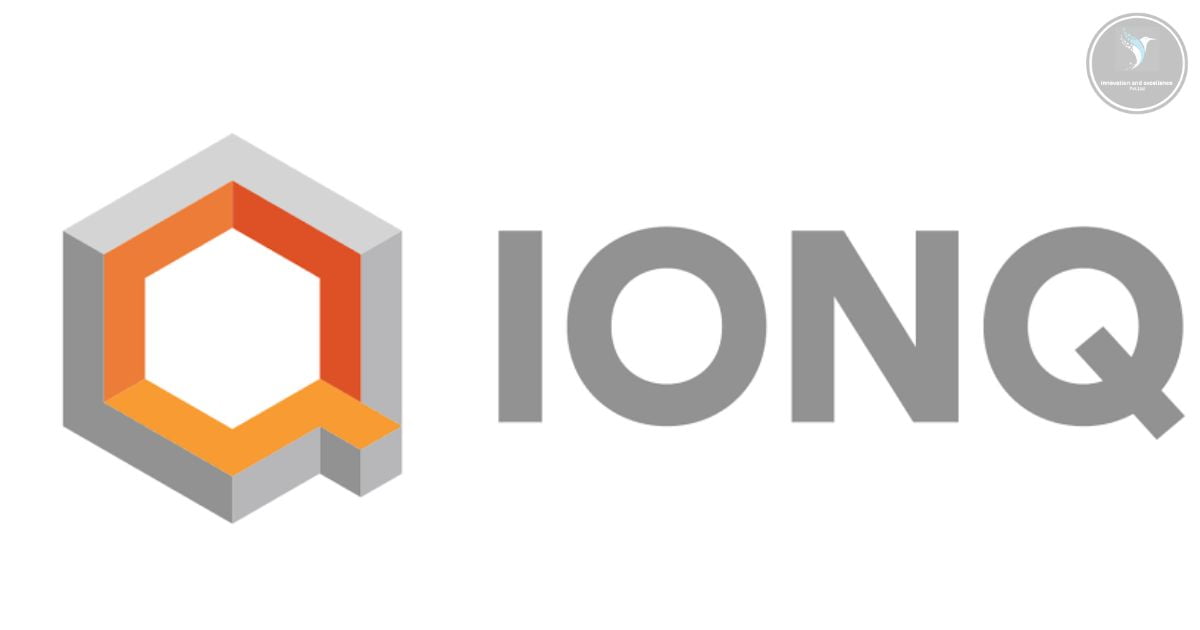
- Focused on trapped-ion technology, considered promising for scalability and error correction. Early mover advantage, partnerships with industry leaders.
- The 5 analysts offering 12-month price forecasts for IONQ Inc have a median target of 16.00, with a high estimate of 21.00 and a low estimate of 12.00. The median estimate represents a +49.39% increase from the last price of 10.71.
Points to Consider before buy
- Early stage, limited revenue, high valuation.
- Suitability: For investors seeking high-risk, high-reward potential in a leading player with promising technology.
Check here for current changing in stock- click here
Alphabet (GOOG)

- Vast resources, talent pool, and research efforts dedicated to quantum computing. Focus on open-source initiatives promoting industry collaboration
- Focus on superconducting qubits: Google primarily pursues superconducting qubit technology, known for its scalability and potential for fault tolerance.
- World-leading quantum hardware: Google has developed some of the most powerful quantum computers globally, like Sycamore and Bristlecone, surpassing classical computers in specific tasks.
- Strong research team: Google Quantum AI houses a team of top researchers and engineers pushing the boundaries of quantum algorithms, error correction, and software development.
- Cloud-based access to quantum resources: Google provides access to its quantum computers through Google Quantum AI Services, enabling broader experimentation and exploration by researchers and developers.
- Collaboration with universities and research institutes: Google actively collaborates with leading universities and research institutions, furthering knowledge sharing and innovation in the field
Points to Consider before buy
- Commercialization focus unclear, competition from other tech giants.
- Balancing research and commercialization: Striking the right balance between continued research advancements and commercializing available quantum capabilities remains an ongoing challenge.
- Competition in the field: Google faces competition from other tech giants, startups, and national research programs aggressively pursuing quantum computing development.
- Suitability: For investors seeking exposure to a major tech player with significant quantum research efforts, but with long-term commercial timelines.
Check here for current changing in stock- click here
Microsoft (MSFT)
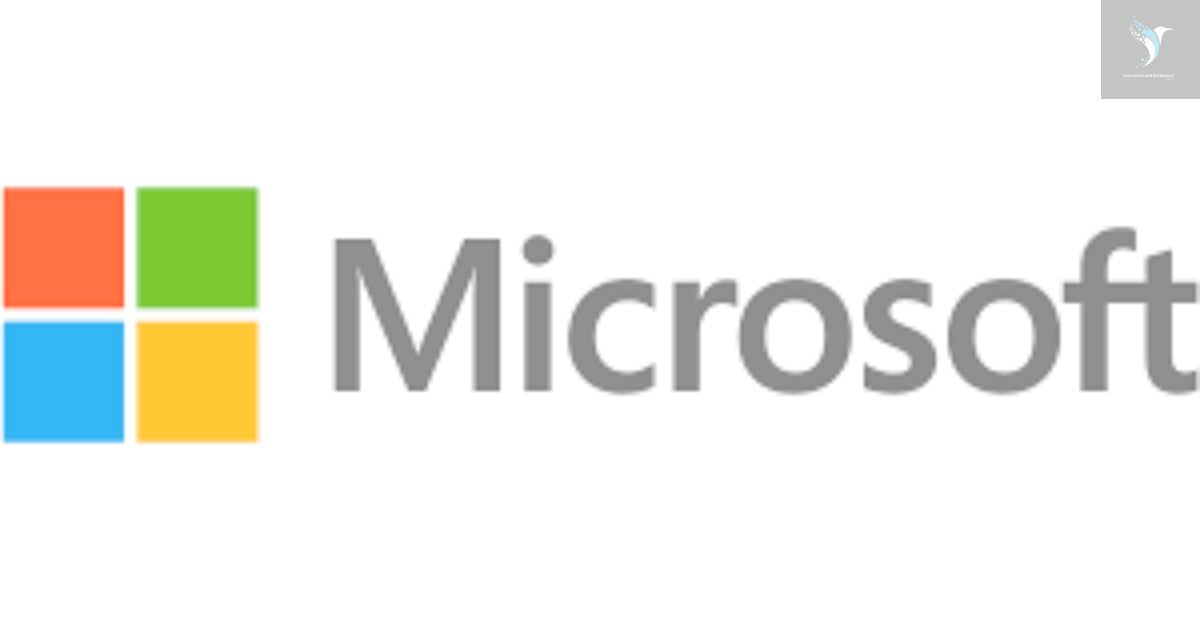
- Diverse quantum efforts in hardware and software, partnerships with established companies. Cloud-based access to quantum resources through Azure
- Microsoft pursues multiple quantum computing technologies, including topological qubits, trapped-ion qubits, and hybrid approaches, increasing its chances of success in the long run.
- Strong research efforts: Microsoft has a dedicated team of quantum computing researchers and engineers pushing the boundaries of the technology. They’ve achieved notable advancements in areas like error correction and fault tolerance.
- Collaborations with leading players: Microsoft collaborates with major players in the field, such as IonQ, Rigetti Computing, and Qu Tech, accelerating innovation and knowledge sharing.
- Microsoft entered the quantum computing race early, giving them a head start in terms of experience and expertise.
Points to Consider before buy
- Commercialization focus unclear, competition from other tech giants.
- Need for clear use cases and ROI: The value proposition of quantum computing for specific industries and applications needs to be further proven and communicated effectively.
- Suitability: For investors seeking exposure to a diversified quantum player with major partnerships and cloud access, but with uncertain commercialization timelines.
Check here for current changing in stock- click here
Honeywell International (HON)

- Diversified technology company with established presence in various industries, mitigating risk. Focus on trapped-ion technology and strategic acquisitions.
Points to Consider before buy
- Limited transparency regarding quantum progress, focus on specific applications potentially limiting market reach.
- Suitability: For investors seeking exposure to a diversified company with quantum efforts, but with less focused and transparent approach.
Check here for current changing in stock- click here
FormFactor, Inc. (FORM)
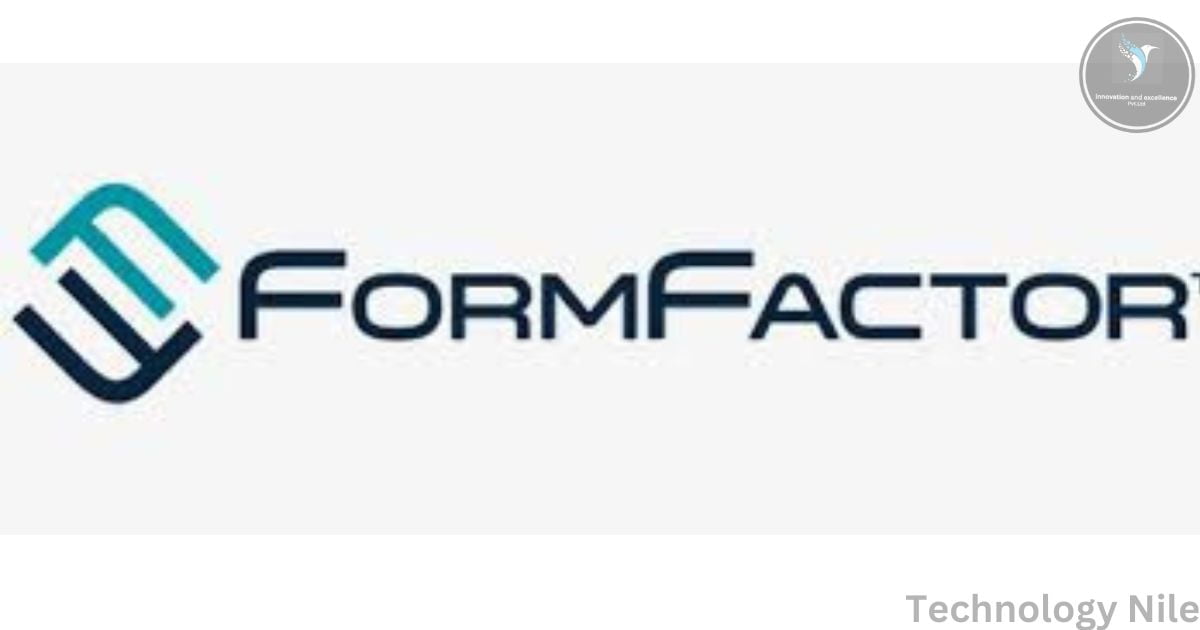
- Provides technology solutions relevant to quantum computer development. Exposure to broader quantum ecosystem growth.
Points to Consider before buy
- Not directly involved in building quantum computers, reliant on the success of other players.
- Suitability: For investors seeking indirect exposure to the quantum computing sector with less risk compared to direct hardware/software players.
Check here for current changing in stock- click here
IBM (IBM)(International Business Machines Corporation)
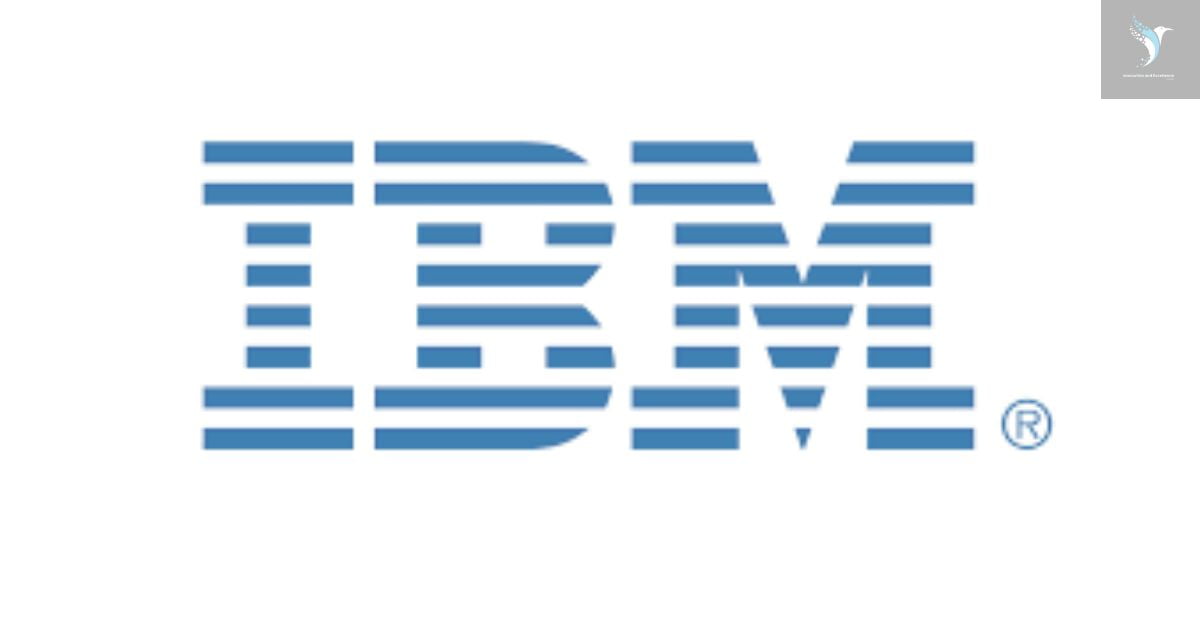
- Tech giant with significant resources dedicated to exploring various quantum computing approaches. Leadership in the race for quantum supremacy.
Points to Consider before buy
- Multiple technologies explored, potentially delaying commercialization. Profitability from quantum computing remains uncertain.
- Suitability: For investors seeking exposure to a leading tech player with diverse quantum research efforts, but with uncertain commercialization timelines and profitability.
Check here for current changing in stock- click here
Nvidia Corporation (NVDA)
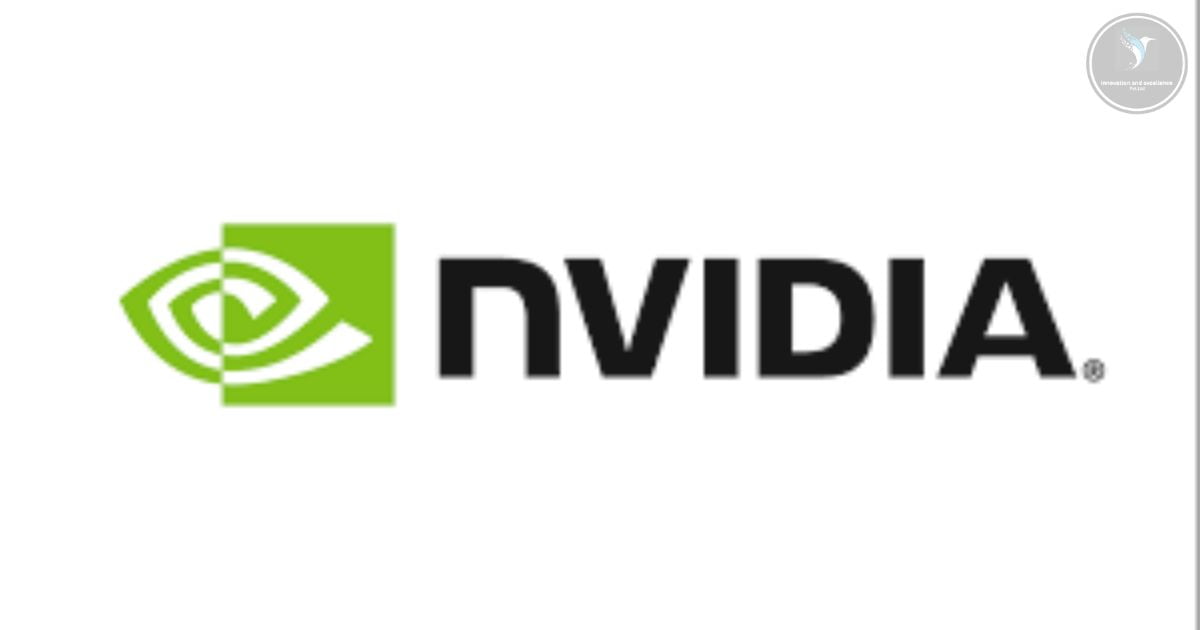
- Develops hardware and software solutions applicable to quantum computing applications. Strong presence in the broader AI and computing sectors.
Points to Consider before buy
- Not directly involved in building quantum computers, quantum applications a smaller aspect of overall business.
- Suitability: For investors seeking exposure to a major tech player with potential applications in quantum computing, but not solely focused on the sector.
Check here for current changing in stock- click here
Intel Corporation (INTC)
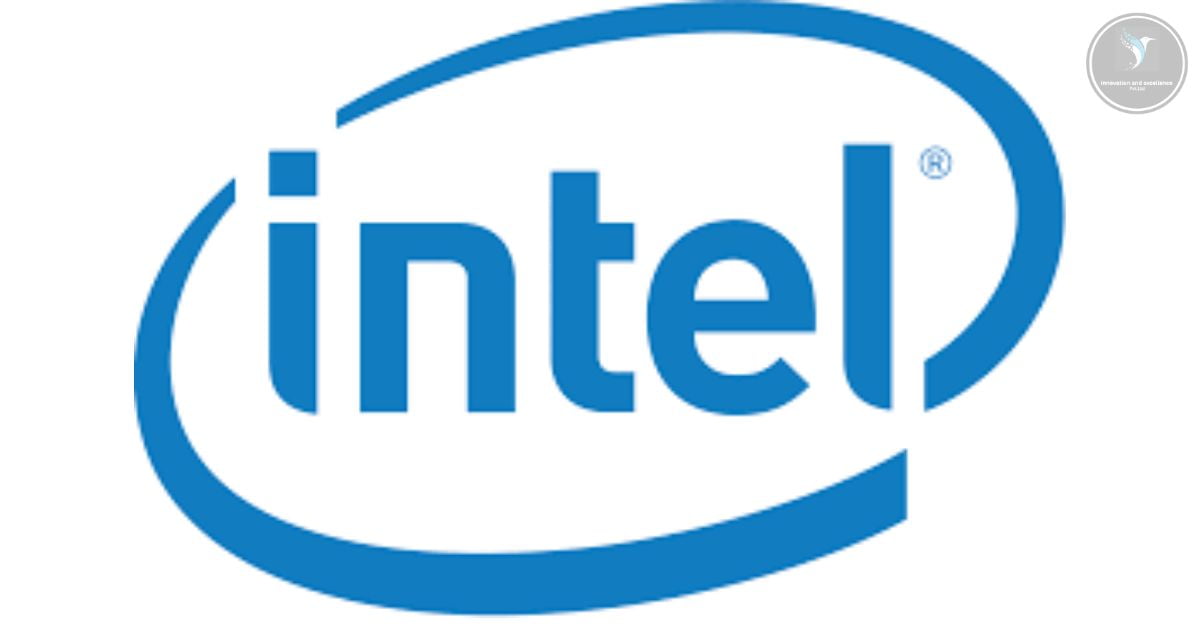
- Involved in quantum computing research through Labs division and partnerships. Established presence in the semiconductor industry.
Points to Consider before buy
- Quantum efforts relatively nascent compared to other players.
- Suitability: For investors seeking broad exposure to the tech sector with some involvement in quantum computing research, but not expecting near-term breakthroughs.
Check here for current changing in stock- click here
D-Wave Quantum Inc (QBTS)
- D-Wave is the most established player in the quantum computing industry, having shipped the first commercially available quantum computer in 2015.
- broad portfolio of enterprise customers—such as Volkswagen, Pattison Food Group, DENSO, Toyota, BBVA, NEC, Interpublic Group, and Lockheed Martin—have built hundreds of quantum applications in diverse areas such as resource scheduling, mobility, logistics, drug discovery, portfolio optimization, manufacturing processes.
- Cloud-based access model: D-Wave offers its quantum computers as a cloud service, making them accessible to users without requiring on-site infrastructure.
- Quantum annealing technology, D-Wave’s focus, has demonstrated its ability to solve specific optimization problems faster than classical computers.
Points to Consider before buy
- Limited qubit count: D-Wave’s current quantum computers have a relatively small number of qubits (5,000-plus), limiting their applicability to more complex problems.
- High cost: Access to D-Wave’s quantum computers is expensive, making it prohibitive for many users.
Suitability:
- D-Wave is suitable for companies looking to solve specific optimization problems in logistics, finance, and materials science, where even small improvements can yield significant benefits.
- It’s also a good option for companies interested in exploring quantum computing and gaining early experience with the technology.
Check here for current changing in stock- click here
Rigetti Computing Inc (RGTI)
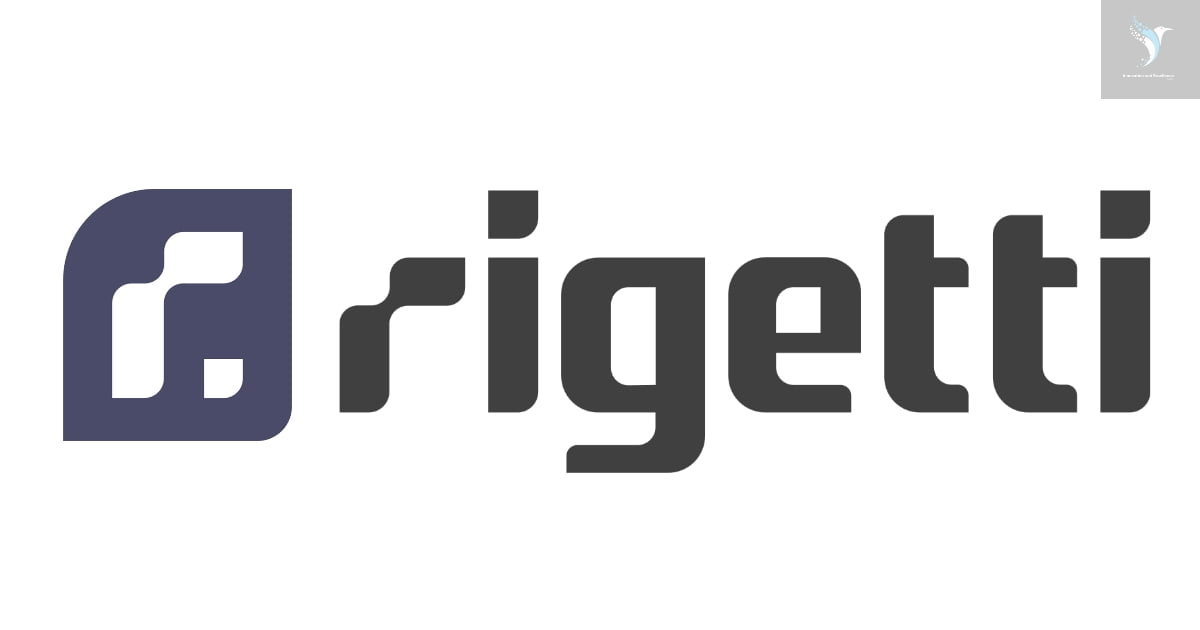
- Scalable architecture: Rigetti’s technology uses superconducting qubits, which are theoretically scalable to millions of qubits, potentially enabling them to tackle more complex problems in the future.
- Strong team and research: Rigetti has a team of experienced scientists and engineers, and is actively involved in research and development to improve its technology.
- Rigetti Computing builds and deploys integrated quantum computing systems leveraging superconducting qubit technology. These systems enable organizations to augment existing computational workflows with quantum processors.
- Rigetti’s technology has the potential to be applied to a wider range of problems than quantum annealing, including drug discovery, financial modeling, and machine learning.
Points to Consider before buy
- Early stage development: Rigetti’s technology is still in its early stages of development, and its commercial quantum computers are not yet available.
- High competition: Rigetti faces competition from other companies developing various quantum computing technologies.
- Rigetti has yet to achieve significant commercial success compared to D-Wave.
- Uncertain future: The long-term viability of Rigetti’s technology and its position in the quantum computing market remain uncertain.
Suitability:
- Rigetti is suitable for companies looking for a versatile quantum computing platform with the potential to address a wide range of problems in the future.
Check here for current changing in stock – click here
FAQ?
Q1.What company is leading in quantum computing?
Ans.IBM, the current leader in quantum computing, last year launched its Quantum System Two, a modular quantum computer powered by an IBM-made chip called the Heron.
Q2.Is it good to invest in quantum computing?
Ans.Quantum computing is an exciting developing technology that can offer interesting investing opportunities. However, it is still very much an emerging trend – and a world powered by quantum technology remains some way off. Today’s quantum computers remain basic compared to what the technology is predicted to achieve.
Q3.Is quantum a good stock to buy?
Ans.Valuation metrics show that Quantum Corporation may be fairly valued. Its Value Score of C indicates it would be a neutral pick for value investors. The financial health and growth prospects of QMCO, demonstrate its potential to perform inline with the market. It currently has a Growth Score of C.average or moderate growth potential compared to similar companies within its industry or the broader market.
Q4.Which Indian company is working on quantum computing?
Ans.TCS: India’s biggest IT company has started TCS Quantum Computing Lab on AWS to help its clients first pilot, and then the regularly use, quantum computing for challenges that may be too difficult for classical computers to solve in a timely manner.
Q5.Who owns the most powerful quantum computer?
Ans.The current qubit record holder is IBM’s Osprey computer, with 433, but IBM hasn’t yet released details about how it performs.
Q6.What is the name of the quantum AI stock?
Ans.QUBT: Quantum Computing Inc – Stock Price, Quote and News – CNBC.
Q7.Is NASA using quantum computing?
Ans.NASA’s QuAIL team aims to demonstrate that quantum computing and quantum algorithms may someday dramatically improve the agency’s ability to address difficult optimization and machine learning problems arising in NASA’s aeronautics, Earth and space sciences, and space exploration missions.
Q8.Is IBM a good stock to buy now?
Ans.In the current month, IBM has received 3 Buy Ratings, 3 Hold Ratings, and 2 Sell Ratings. IBM average Analyst price target in the past 3 months is $161.55.
Q9.Does quantum computing have a future?
Ans.Quantum computing will contribute to big data search processes, as well as the rapid development of AI and machine learning. Quantum computing may even revolutionize our domestic power sources, providing electrical energy based on nuclear fusion processes.
Q10.Is IonQ stock a buy?
Ans. IonQ’s analyst rating consensus is a Moderate Buy. This is based on the ratings of 3 Wall Streets Analysts.
Q11.Is IonQ an American company?
Ans.IonQ is a quantum computing hardware and software company based in College Park, Maryland. They are developing a general-purpose trapped ion quantum computer and software to generate, optimize, and execute quantum circuits.
Q12.Is IBM bigger than Apple?
Ans.While IBM is one-tenth the size of Apple, it’s still very large ($119 billion) and has been struggling to get bigger. The Red Hat acquisition is an attempt to get revenues growing again. IBM is competing with Amazon.com and Microsoft to provide cloud computing and web services to clients.
Q13.Is TCS bigger than IBM?
Ans.Tata Consultancy Services (TCS) is now the second most valuable information technology company globally ahead of US giant IBM, according to Brand Finance, a UK-based brand valuation consultancy firm.
Q14.Is Amazon involved in quantum computing?
Ans.Amazon Braket is a fully managed quantum computing service designed to help speed up scientific research and software development for quantum computing.
Q15.Who has the fastest quantum computing?
Ans.Last November, America’s IBM launched the 433-qubit Osprey, the world’s fastest quantum computer to date.
Q16.Who is most advanced in quantum computing?
Ans.IBM has firmly established itself as a global leader in the quantum computing arena. By the close of 2023, IBM aims to unveil its 1,000-qubit chip, known as Condor. The company’s ecosystem is robust, encompassing over 210 Fortune 500 firms, academic bodies, national laboratories, and emerging startups.
Q17.What is advanced quantum computing?
Ans.Quantum computing is a rapidly-emerging technology that harnesses the laws of quantum mechanics to solve problems too complex for classical computers. Today, IBM Quantum makes real quantum hardware — a tool scientists only began to imagine three decades ago — available to hundreds of thousands of developers.
Q18.What are the top 5 countries in quantum computing?
Ans.5 Most Advanced Countries in Quantum Computing:
- Japan. H-Index: 5. Number of Publications: 6. Average Rank: 5.5. …
- United Kingdom. H-Index: 3. Number of Publications: 4. Average Rank: 3.5. …
- China. H-Index: 4. Number of Publications: 2. ..
- Germany. H-Index: 2. Number of Publications: 3. …
- United States. H-Index: 1. Number of Publications: 1.
Q19.Is NASA using quantum computing?
Ans.NASA’s QuAIL team aims to demonstrate that quantum computing and quantum algorithms may someday dramatically improve the agency’s ability to address difficult optimization and machine learning problems arising in NASA’s aeronautics, Earth and space sciences, and space exploration missions.
Q20.What is the world’s first quantum computing company?
Ans.D-Wave claimed to have developed quantum annealing and introduced their product called D-Wave One. The company claims this is the first commercially available quantum computer.
To learn Quantum Computing – click here
To learn About AI (Artificial intelligence)- click here
Stock Market Basic Simulator – Where you can practice Trading by Visualising Candlestick Charts – click here
10 Quantum Computing stocks to buy in 2024 – https://technologynile.com/10-best-quantum-computing-stocks-to-buy-in-2024/